As one of the most promising renewable energy sources today, solar energy has great potential to meet most of our energy needs with its clean and efficient characteristics. However, despite its many advantages, solar energy still faces some challenges in public perception. In particular, some people are skeptical about whether solar energy can become a viable energy option in the future. In this article, we will reveal 12 interesting facts about solar energy that may change your mind about this extraordinary energy source!
Fact 1: Solar Panels Can Power Entire Cities
Solar panels have come a long way since their inception. Today, they are capable of generating enough electricity to power entire cities. For instance, a large solar farm can produce gigawatts of power, which is equivalent to the energy needs of a medium-sized city. The efficiency of solar panels has improved dramatically over the years, making them a viable alternative to traditional energy sources.
Question:How do you think solar panels could be integrated into urban planning to enhance sustainability?
What are the potential benefits and challenges of such an integration?
Fact 2: Solar Technology is Older Than You Think
The concept of harnessing solar energy is not a modern invention. Ancient civilizations, such as the Greeks and Romans, used mirrors to concentrate sunlight for heating purposes. In the 7th century, solar energy was used to create the first steam engines. The journey from these early applications to modern photovoltaic cells is a testament to human innovation.Question:
Can you think of any ancient applications of solar energy?
How do they differ from the solar technology we use today?
Fact 3: Solar Energy is Abundant
The amount of solar energy that reaches the Earth's surface in just one hour is enough to power the entire world for a year. This staggering fact highlights the potential of solar power as a virtually limitless energy source.Question:
Given the abundance of solar energy, why do you think it's not the primary source of energy worldwide?
What are the barriers to its widespread adoption?
Fact 4: Solar Panels Can Be Made from Recycled Materials
The solar industry is not just about generating clean energy; it's also about sustainability. Many solar panels are now being manufactured using recycled materials, reducing the environmental impact of their production.Question:
How do you think the use of recycled materials in solar panel manufacturing can contribute to a circular economy?
What other industries could benefit from similar practices?
Fact 5: Solar Energy Can Be Stored for Later Use
One of the common misconceptions about solar power is that it's only available during the day. However, with advancements in battery technology, solar energy can now be stored and used even when the sun isn't shining.Question: What are the most promising technologies for storing solar energy?
How do they work, and what are their advantages and disadvantages?
Fact 6: Solar Energy is Quiet and Clean
Unlike fossil fuel-based power plants, solar panels produce electricity without any noise or air pollution. This makes them an ideal solution for reducing greenhouse gas emissions and improving air quality.Question:
How do you think the silent operation of solar panels could impact residential areas and wildlife habitats?
Are there any potential downsides to consider?
Fact 7: Solar Energy Can Be Used for Desalination
In regions where freshwater is scarce, solar energy can be used to desalinate seawater. This process involves using solar power to evaporate seawater and then condense the steam back into freshwater, providing a sustainable solution to water scarcity.Question:
What are the challenges and opportunities associated with using solar energy for desalination?
How can this technology be scaled up to meet global water needs?
Fact 8: Solar Energy is Becoming More Affordable
The cost of solar panels has dropped significantly over the past decade, making solar energy more accessible to households and businesses. This trend is expected to continue as technology advances and economies of scale come into play.Question:
How do you think the decreasing cost of solar panels will affect the energy market?
What are the implications for both consumers and the environment?
Fact 9: Solar Energy Can Power Spacecraft
Solar power isn't just for Earth-bound applications. Solar panels are used to power spacecraft, including satellites and even some Mars rovers. These panels are designed to withstand the harsh conditions of space and provide a reliable source of energy for long-duration missions.
Question:
What are the unique challenges of using solar panels in space?
How do space-based solar panels differ from those used on Earth?
Fact 10: Solar Energy Can Be Generated Indoors
With the development of advanced solar cell technology, it's now possible to generate solar energy indoors using artificial light. This opens up new possibilities for generating power in places where sunlight is limited or unavailable.
Question:
How can indoor solar energy generation be optimized?
What are the potential applications of this technology in urban environments?
Fact 11: Solar Energy Can Be Used for Cooking
In many parts of the world, solar cookers are used to prepare meals without the need for wood or charcoal. These cookers use sunlight to heat food, reducing deforestation and improving air quality.
Question:
How do you think the use of solar cookers could impact communities that rely on traditional cooking methods?
What are the barriers to their widespread adoption?
Fact 12: Solar Energy is a Job Creator
The solar industry is a significant employer, creating jobs in manufacturing, installation, and maintenance. As the industry grows, so does the potential for job creation in the renewable energy sector.
Question:
What kind of job opportunities does the solar industry offer?
How can education and training programs prepare the workforce for these opportunities?



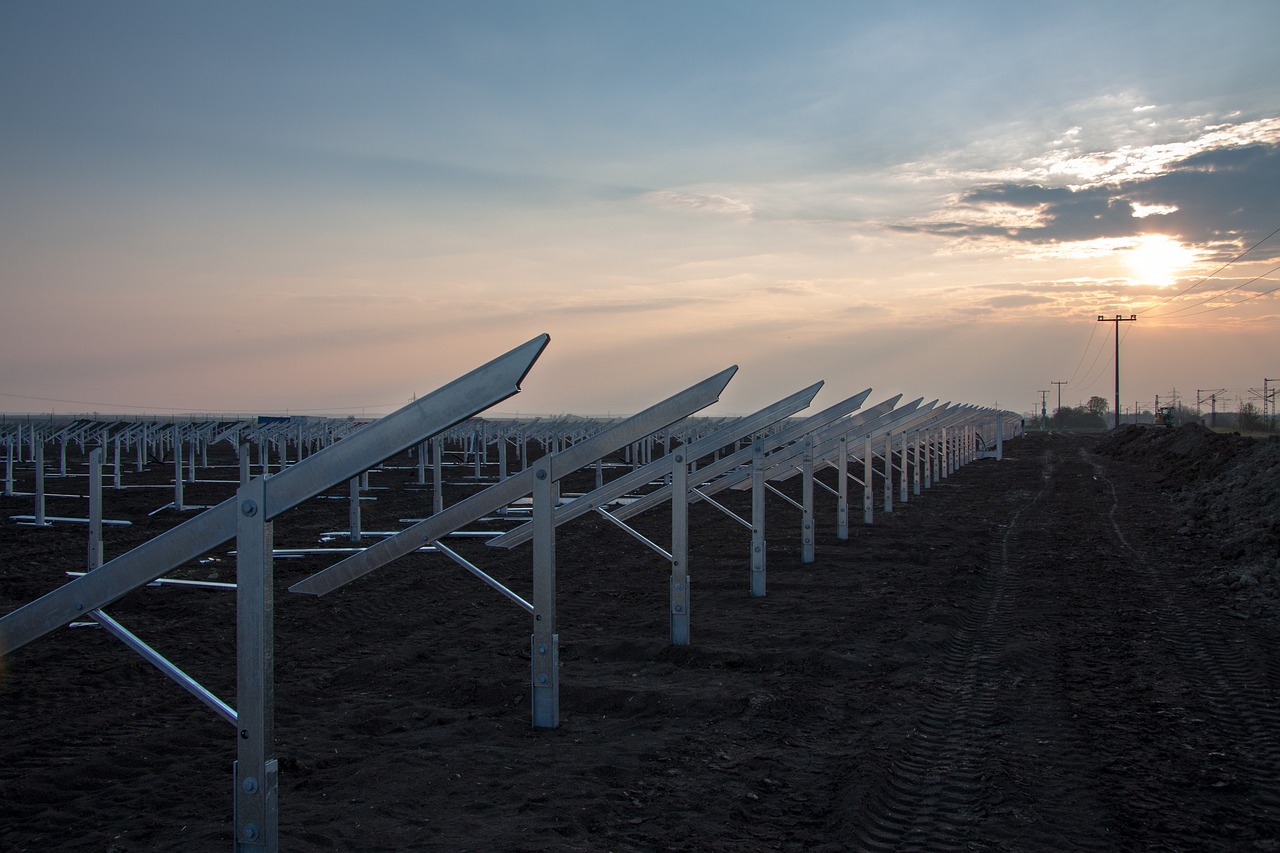

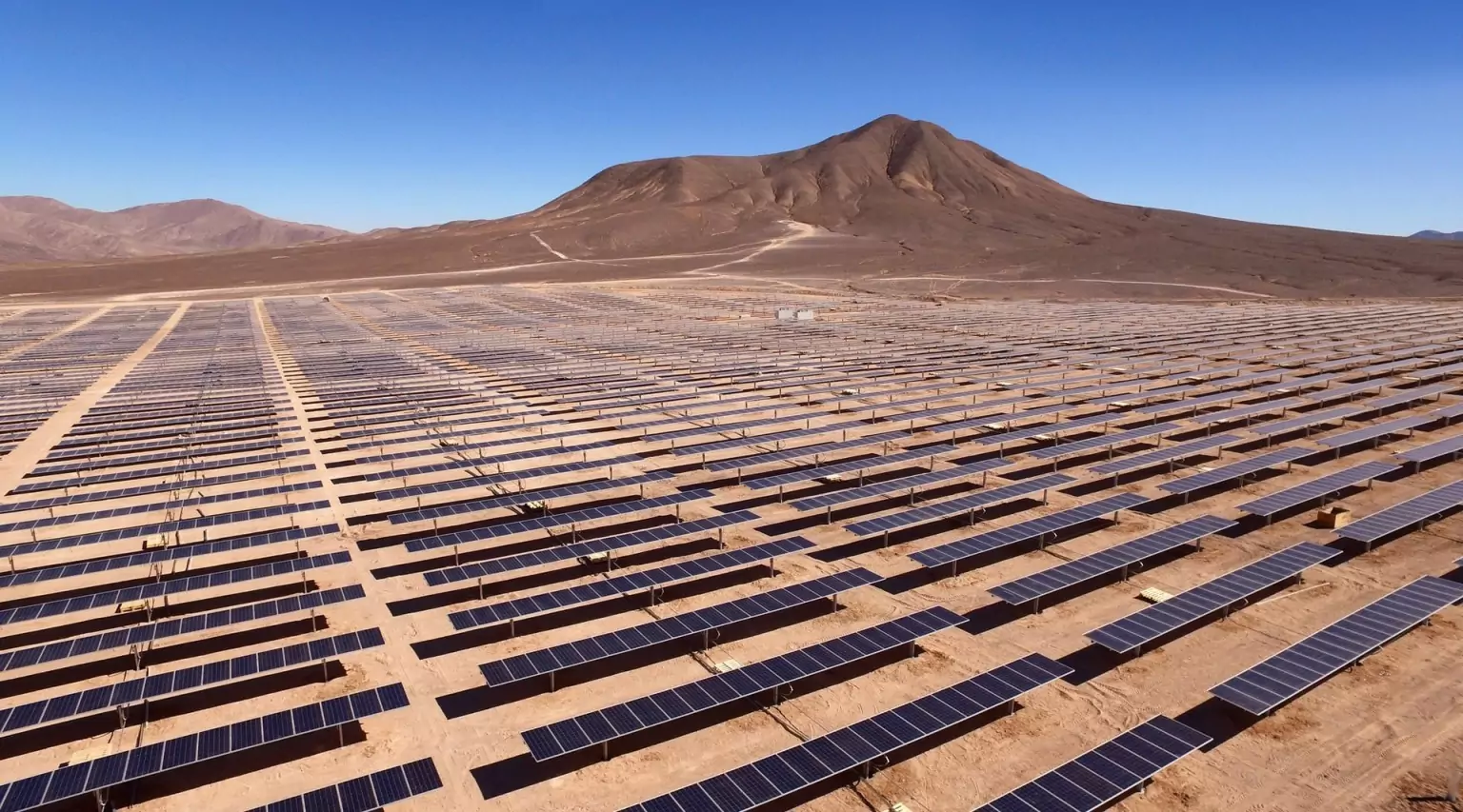

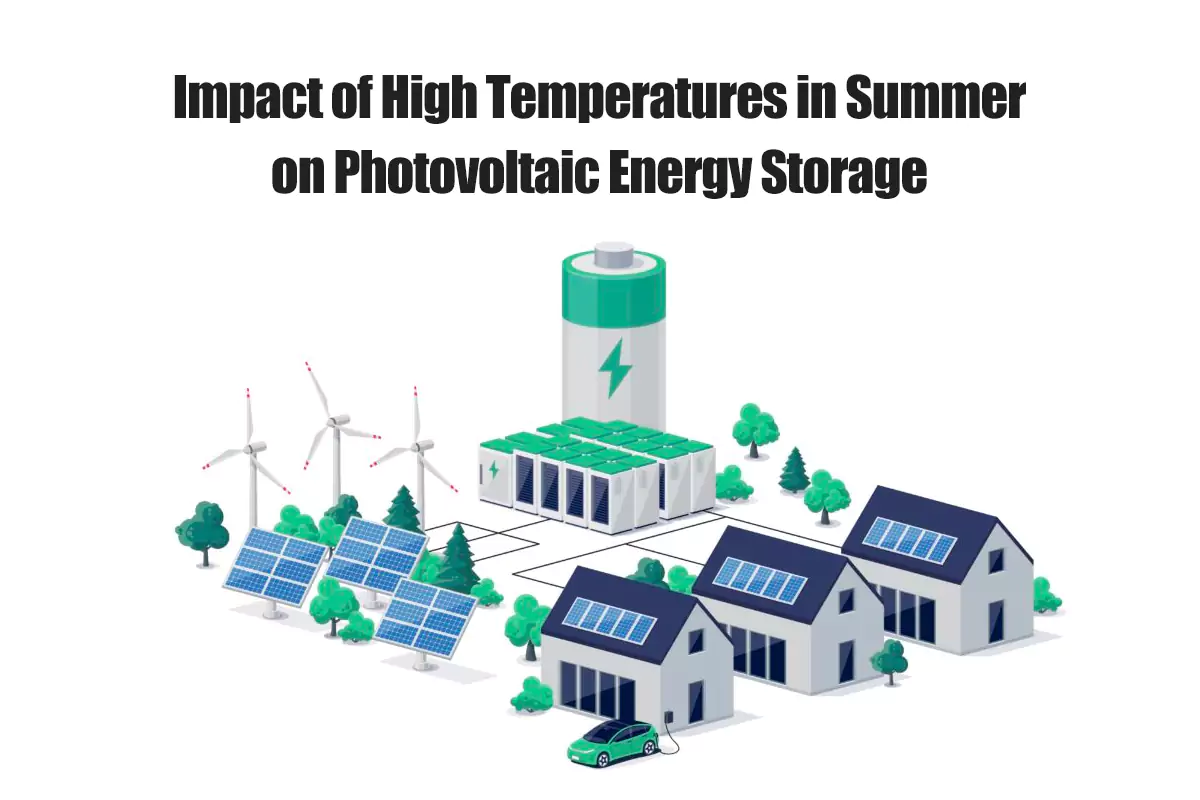
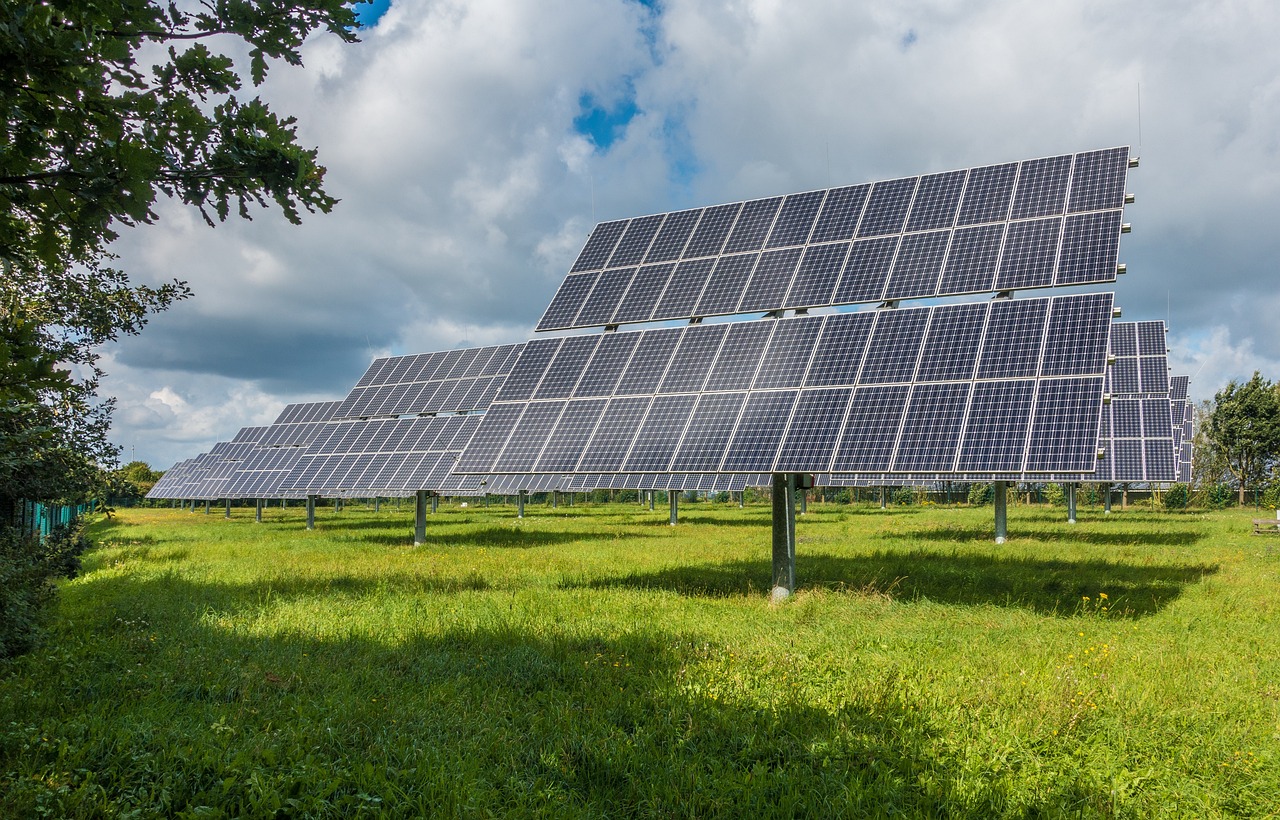



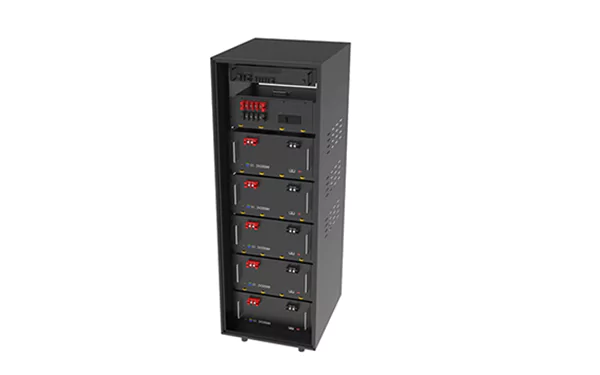

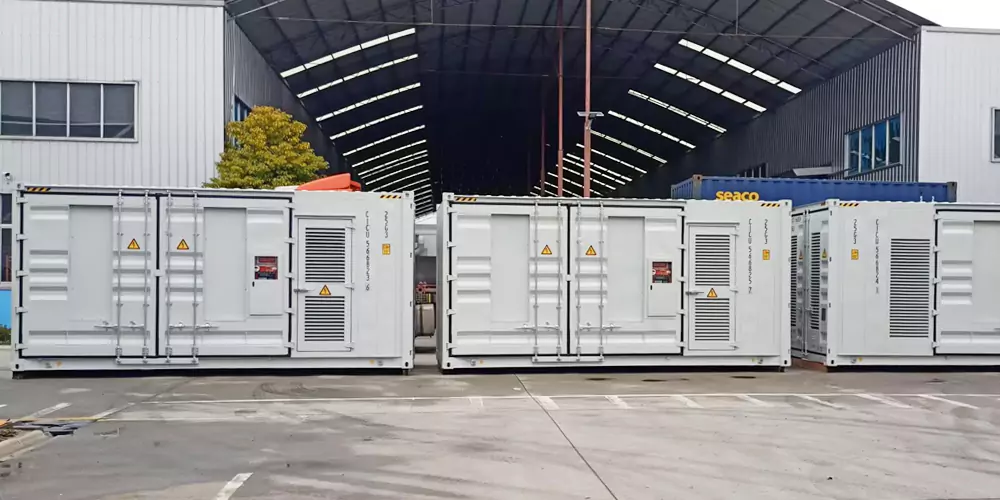

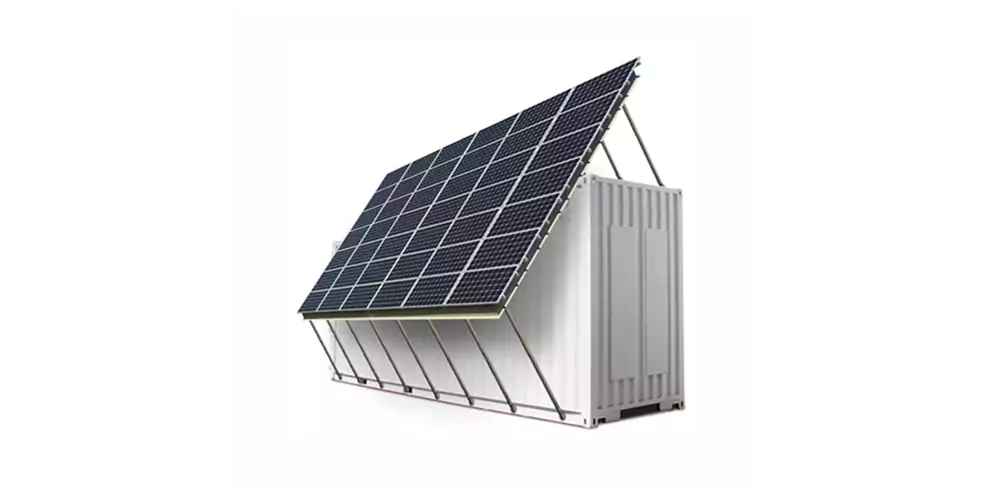

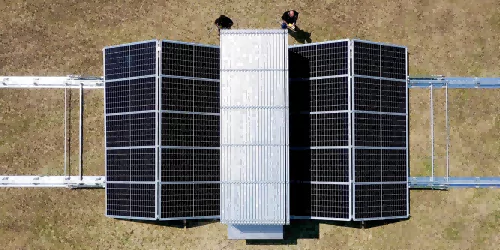
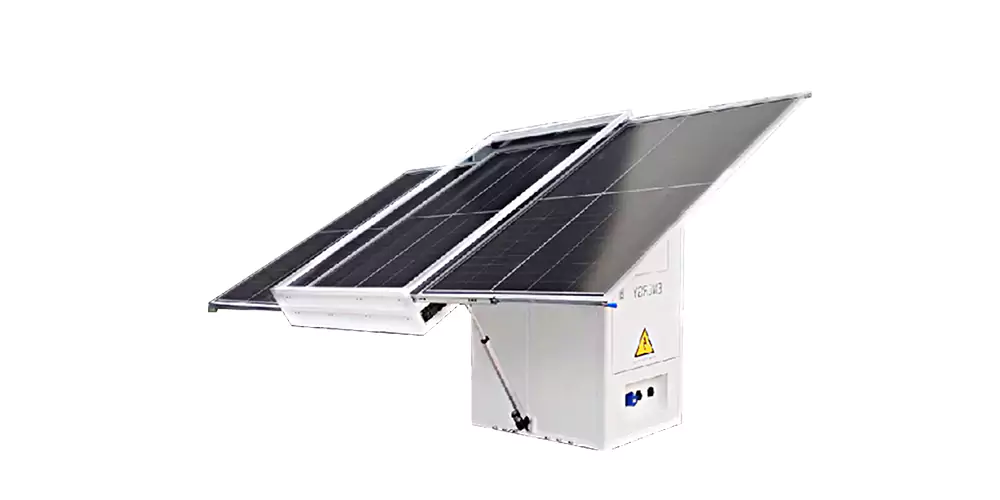
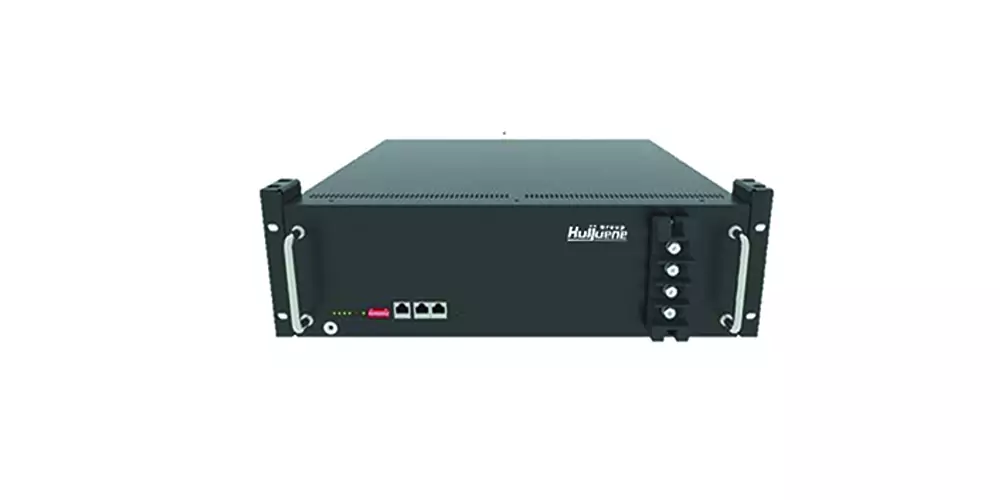
 Inquiry
Inquiry Online Chat
Online Chat